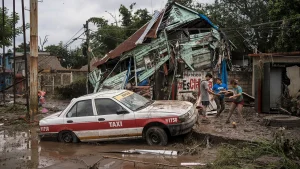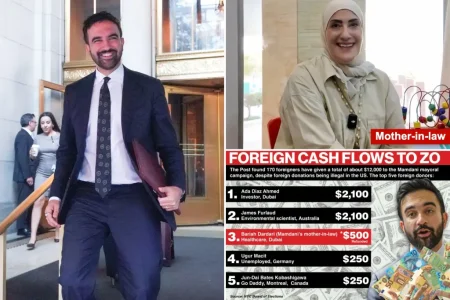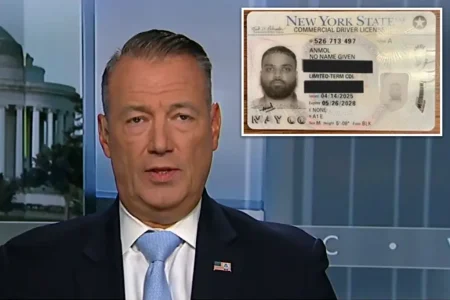The scourge of sexual violence constitutes a profound moral crisis of our time, casting a long shadow across societies worldwide. Its pervasive nature transcends geographical boundaries, cultural norms, and socioeconomic strata, inflicting devastating physical, psychological, and social consequences on individuals, families, and communities. From the intimate sphere of the home to the volatile landscapes of conflict zones, sexual violence manifests in myriad forms, including rape, sexual assault, sexual harassment, sexual exploitation, and forced marriage. The fight against this global epidemic demands a concerted and sustained effort from the international community, and the United States, with its considerable resources and influence, possesses a unique opportunity to spearhead this critical endeavor. Leading this charge necessitates a multi-pronged approach that encompasses robust legal frameworks, comprehensive support services for survivors, widespread educational initiatives, and a steadfast commitment to holding perpetrators accountable.
The pervasiveness of sexual violence is deeply rooted in complex societal structures and power dynamics. Gender inequality, often exacerbated by discriminatory cultural norms and practices, creates an environment where violence against women and girls is normalized and even condoned. In conflict zones, sexual violence is frequently deployed as a weapon of war, a tactic of terror aimed at subjugating populations and destroying social cohesion. The impunity enjoyed by perpetrators further entrenches these cycles of violence, perpetuating a culture of fear and silence that prevents survivors from seeking justice and support. Furthermore, poverty, lack of education, and limited access to healthcare services can increase vulnerability to sexual violence, particularly among marginalized communities. Addressing these underlying factors is crucial to dismantling the systemic drivers that perpetuate this global crisis.
Effective strategies to combat sexual violence require a holistic approach that addresses both prevention and response. Strengthening legal frameworks that criminalize all forms of sexual violence and ensure effective prosecution of perpetrators is paramount. Law enforcement agencies must be equipped with the training and resources to investigate these crimes sensitively and effectively, while judicial systems must prioritize the needs and safety of survivors throughout the legal process. Simultaneously, access to comprehensive support services for survivors, including medical care, psychological counseling, and legal aid, is essential to their healing and recovery. Creating safe spaces where survivors can seek help without fear of stigma or reprisal is crucial to empowering them to rebuild their lives.
Education plays a pivotal role in shifting societal attitudes and behaviors that condone or normalize sexual violence. Comprehensive sexuality education, implemented across the educational spectrum, can empower individuals with the knowledge and skills to build healthy relationships based on respect and consent. Public awareness campaigns can challenge harmful stereotypes and promote positive social norms that reject violence against women and girls. Engaging men and boys as allies in this struggle is equally vital, fostering a culture of accountability and shared responsibility in preventing sexual violence. Promoting gender equality and challenging discriminatory practices that perpetuate power imbalances are fundamental to creating a society where all individuals can live free from the threat of violence.
The United States has the potential to become a global leader in the fight against sexual violence by leveraging its diplomatic influence, foreign aid programs, and domestic policy initiatives. Supporting international efforts to strengthen legal frameworks and promote accountability for perpetrators is essential. Providing financial and technical assistance to organizations working on the frontlines to provide services to survivors and implement prevention programs can make a tangible difference in the lives of those affected by this violence. Furthermore, the U.S. must lead by example, diligently addressing sexual violence within its own borders through robust law enforcement, comprehensive survivor support services, and widespread educational initiatives.
By prioritizing the fight against sexual violence in its foreign policy agenda, the United States can send a powerful message to the international community that this issue is a global priority. Working in collaboration with other nations, international organizations, and civil society groups can amplify the impact of these efforts, creating a global movement for change. Investing in research to better understand the root causes of sexual violence and develop evidence-based prevention strategies is crucial for long-term success. Ultimately, ending sexual violence requires a sustained commitment to challenging harmful social norms, empowering survivors, and holding perpetrators accountable, paving the way for a world where all individuals can live with dignity, safety, and respect. The United States has the opportunity to be at the forefront of this critical movement, leading the charge towards a future free from the devastating impact of sexual violence.








